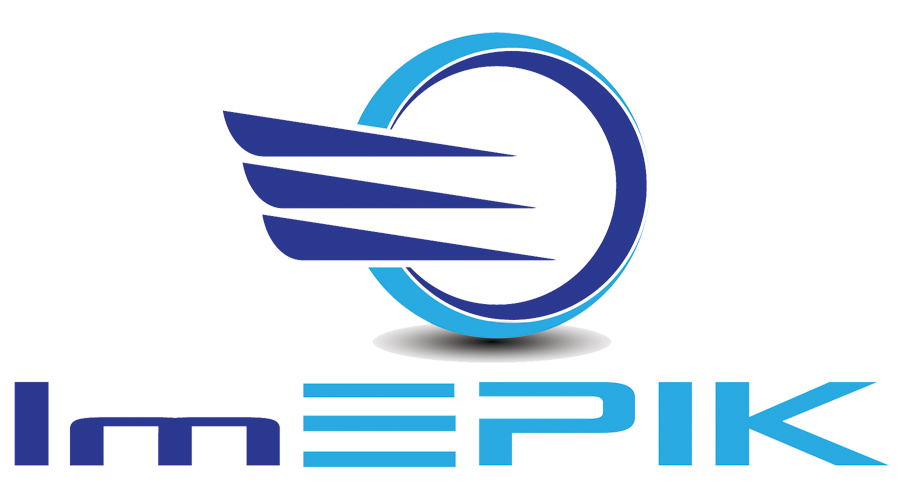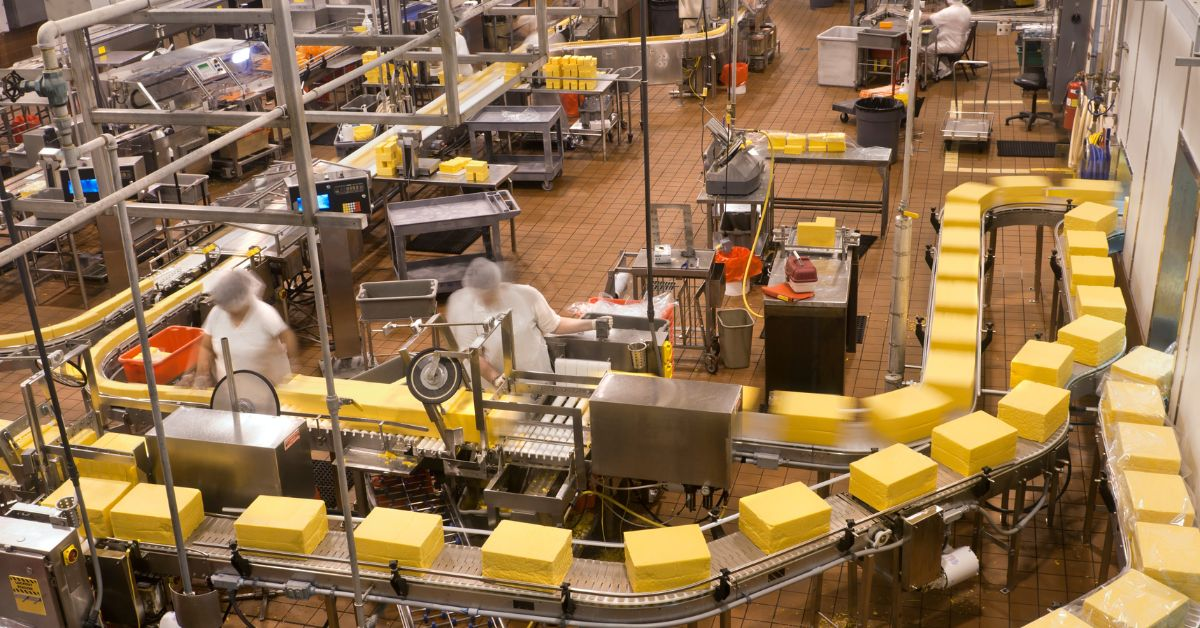Food Safety Spotlight: Blue Bell Recall & Record Breaking Fine
Food manufacturing is a critical and lucrative industry. One impediment to its growth, however, is the risk of food recalls triggered by accidental contamination that can harm consumers and jeopardize their health. There are many hazards in food manufacturing that can only be accounted for by implementing thorough hazard analysis, food safety control plans, and monitoring programs that ensure quality in each step of the manufacturing process.
Ice cream manufacturer Blue Bell experienced and was subsequently held responsible for the 2015 Listeria outbreak linked to contamination in their products. In May 2020, they pleaded guilty to charges of distributing contaminated dairy products, which caused three deaths.
Blue Bell first learned of the crisis after South Carolina officials notified executives that their Brenham, Texas factory tested positive for Listeria. While the ice cream manufacturer instructed delivery drivers to take the product off store shelves, Blue Bell did not issue a recall nor communicate to customers about the matter.
As a result, the company must now pay the second-largest settlement in the history of food safety cases: a whopping $17.25 million in criminal fines and forfeiture, in addition to $2.1 million for civil charges in violation of the False Claims Act. The company’s former president was also criminally charged with seven felony counts of related to allegedly concealing the contamination from the public.
Following the investigations, prosecutors argued that unsanitary practices and conditions that caused the contamination was a result of long-term negligence, failure to perform proper food hazard analyses, and a lack of quality controls to ensure compliance with all regulatory requirements.

Hazard Analysis: What we can learn from Blue Bell’s recall
First, manufacturers should have frequent vulnerability assessments performed, which entails a comprehensive food hazard analysis. The purpose of a food hazard analysis is to accurately identify all weak or exploitable areas.
Second, a weekly or daily system to check for and prevent microbial issues is important.
Third, a proper workflow and cleaning schedule to minimize allergen contamination is important.
Fourth, detection equipment to screen for foreign matter should be utilized. When all machinery and areas in the production facility receive proper maintenance and care, food recall risk is significantly minimized.
Manufacturers should note that the lessons Blue Bell learned the hard way are completely avoidable; it merely requires genuine preventive mechanisms. Concealment is the exact opposite of best practices – swift and widespread communication of a food safety issue, or product recall is at the core of managing food safety and company reputation.
It is also not merely in the miscalculated response to the crisis that Blue Bell slipped up. It was also in their prior lack of concern for the cleanliness and risks of contamination in their facilities.
The lack of preventive measures in their facility was the direct cause of the untimely Listeria detection in their products. Had Blue Bell prioritized food hazard analysis and preventative controls, they could have protected not only their business continuity and reputation, but the lives of three people.
Food Safety Training Solutions
ImEPIK offers a comprehensive and interactive food safety training course that gives you the knowledge necessary to avoid food recalls and contaminations by implementing a systematic infrastructure of safety controls and assessments.
After completing PCQI Online, you will be confident that you’re doing everything you can to keep your business and customers safe. ImEPIK’s interactive, self-paced program includes industry-specific scenarios that allow you to test and apply your knowledge while you’re learning. Purchase our food safety training course today, and get started on our user-friendly platform in minutes!







